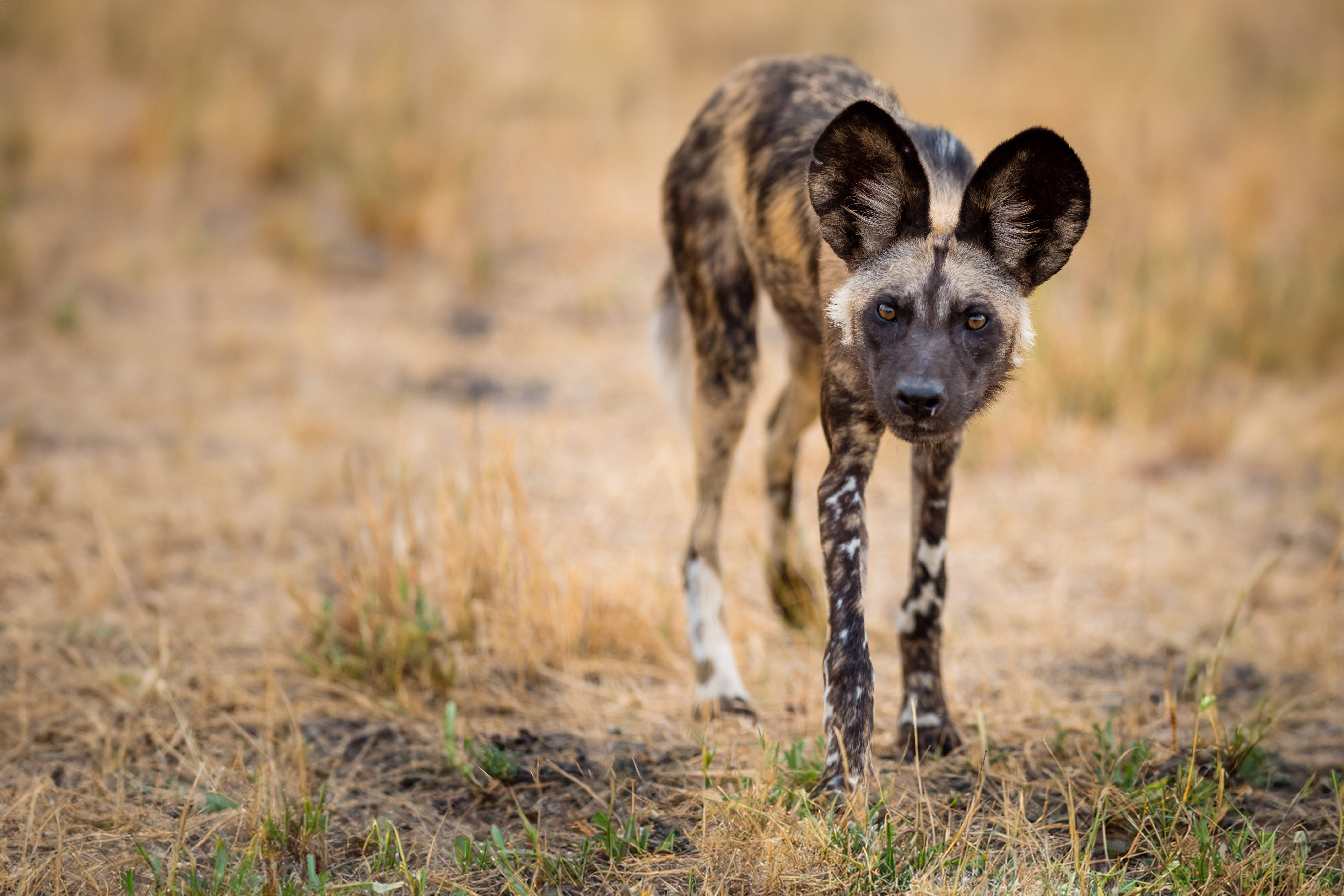Navigation auf uzh.ch
Navigation auf uzh.ch

Our research focuses on the African wild dog (Lycaon pictus), Africa's most critically endangered large carnivore. With less than 6,000 individuals remaining in the wild, our study aims to shed light on two crucial aspects of their population persistence: demographic processes and dispersal patterns.
In partnership with the Botswana Predator Conservation Trust (BPCT), we are integrating decades of comprehensive life-history data with modern satellite tracking techniques. This long-term demographic data provides a detailed account of population dynamics, encompassing birth and death rates, and group compositions. By overlaying this with real-time data from satellite collars, we track the movement of resident packs as well as sub-adult wild dogs as they disperse from their natal packs. This approach allows us to map their dispersal routes, understand habitat preferences during their exploratory phase, and evaluate the success rates of establishing new territories.
The fusion of historical demographic data with contemporary dispersal information enables us to construct a more detailed picture of the species' population ecology. This dual approach is pivotal for understanding the interplay between local population dynamics and broader landscape-level movements. Our research is instrumental in predicting the long-term viability of African wild dog populations under varying environmental and anthropogenic pressures.
Ultimately, this project aims to enhance conservation strategies for African wild dogs by providing a better understanding of their demographic trends and dispersal patterns. This knowledge is vital for formulating effective conservation policies and management plans, both at the national level and across transboundary conservation areas in Africa.